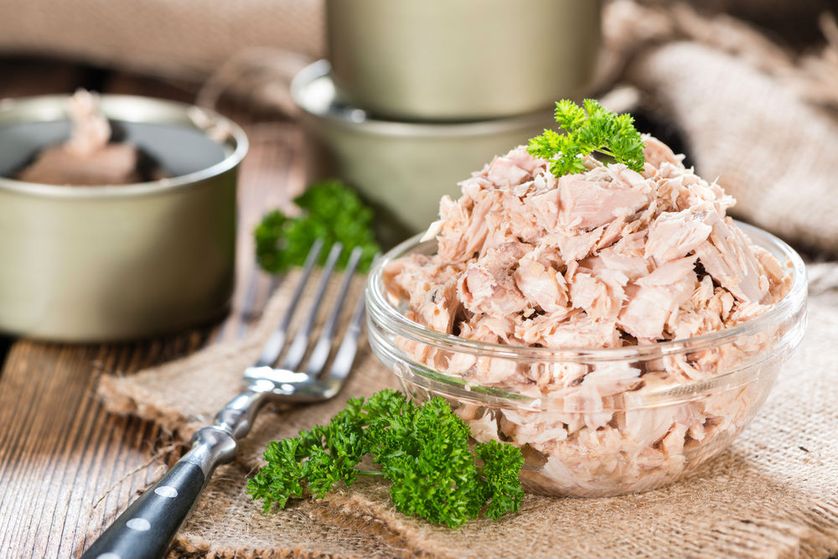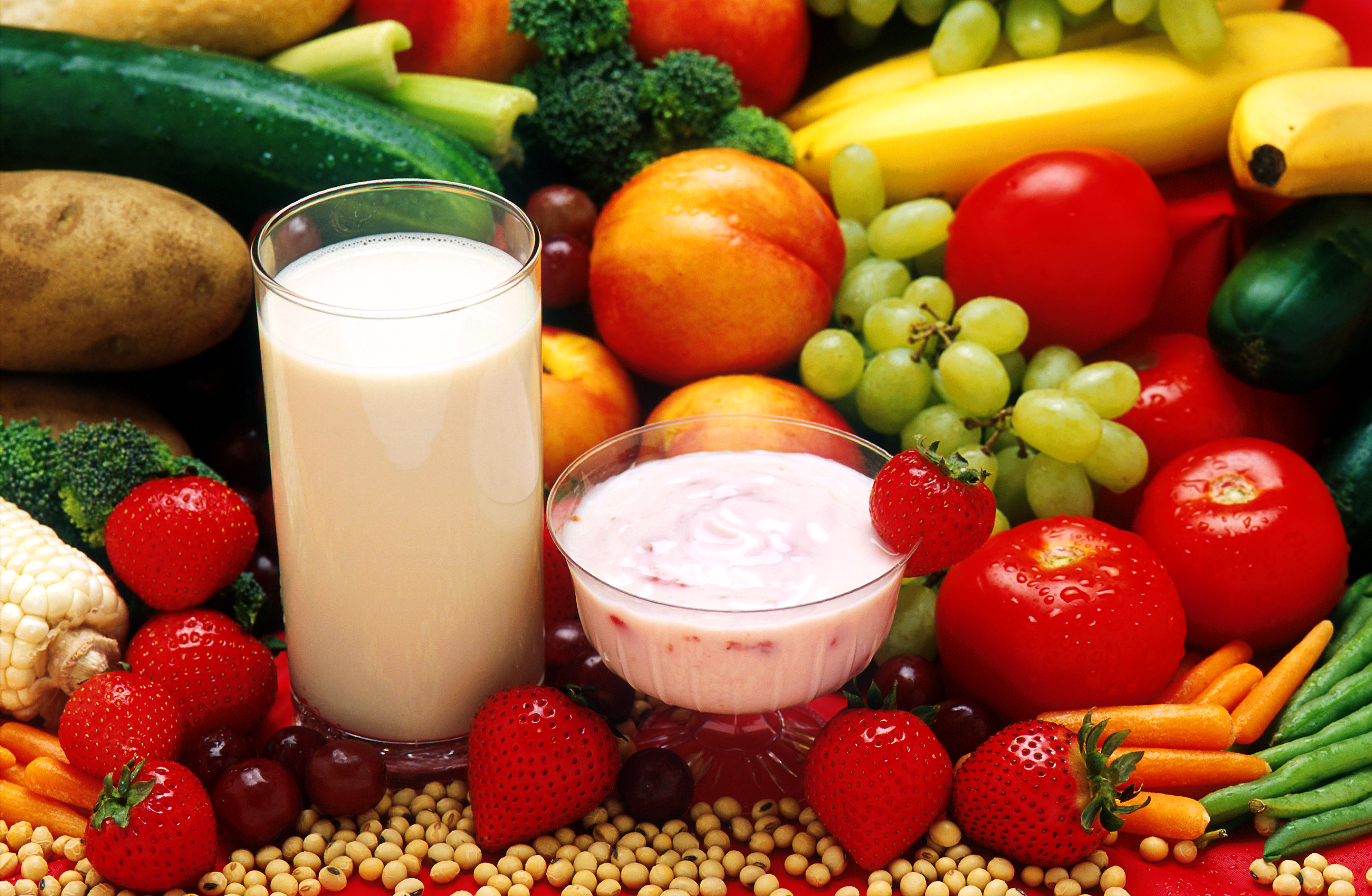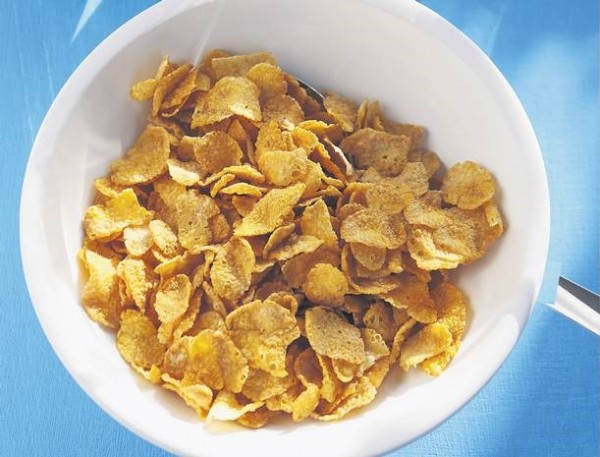What is a Vegetarian Diet?
A vegetarian diet is mainly composed of plant foods such as seeds, fruits and vegetables and little or no food of animal origin. Specifically vegetarian diets exclude meat, fish and poultry, and may or may not include dairy and egg products. There are different types of vegetarianism. Among the main types of vegetarian diet are:
Semi-vegetarian Diet
In this type of diet milk, eggs, chicken and fish included and meat only excluded.
Lacto-vegetarian Diet
In lacto diet all meat, poultry, fish and eggs are excluding but milk and dairy products are consumed.
Ovo-lacto Vegetarian Diet
In this type of scheme excludes all meat, eggs but also consume dairy products.
In the lacto and ovo-lacto vegetarian diet is simpler meet the requirements of protein, vitamins, calcium and zinc in strict vegetarianism, however, if you do not have caution may be rich in saturated fat and cholesterol and iron absorption may be poor.
Strict Vegetarian Diet
Strict Vegetarian Diet does not consume any animal foods and their diet is based on cereals, grains, fruits, vegetables and seeds.
If prepared foods or supplements are not included strict vegetarian diet can be nutritionally incomplete, being the main concern nutrients calcium, vitamin B12, iron, zinc and vitamin D.
Vegan Diet
People on a vegan diet excludes all meat, poultry, fish, eggs, dairy, honey and also avoid any product made by animal.
In this case must carefully read the ingredients of all products consumed, as many seemingly vegetarian products may contain milk or egg derivatives, which would not be acceptable for a vegan.
It is possible that people in a vegan regime beyond diet and avoid all animal products in your home. For them might not be acceptable wool or silk clothes or cosmetics or products that have been tested or involving animals. They also could not agree with entertainment involving animals such as zoos, circuses, aquariums, etc.

Why Being Vegetarian
A person may decide to adopt a vegetarian diet for different reasons such as:
- Religious beliefs
- Moral, ethical or humanitarian concerns
- Environmental Concerns
- Health Issues
Advantages of being a Vegetarian
When a vegetarian diet is carefully planned can provide some health benefits:
- Normally your intake of calories and fat is lower, so the risk of obesity is lower.
- Blood pressure is usually lower in vegetarians.
- You can reduce the risk of cardiovascular diseases as always is low in saturated fats.
- Major contribution of fiber, potassium and vitamin C.
Disadvantages of being a Vegetarian
- Although a vegetarian diet can be nutritionally adequate requires very careful planning to avoid deficiencies of certain nutrients.
- The vegan diet may be deficient in calcium, vitamin B12, iron, zinc and vitamin D.
- Vegetarian diets are high in Phytic acid that can reduce iron absorption.
- Like calcium inhibits iron absorption, people who follow a lacto-vegetarian diet, which is rich in calcium may develop iron deficiency if they are not enough to learn to avoid orientation.
- A very high amount of fiber can hinder the absorption of some nutrients.
- Access to some rich products that meet the requirements of vegetarians can be tricky sometimes.
- Adapting to certain social situations such as parties and meetings can be complicated when a vegan diet takes.
Recommendations to have a Good Balance of Nutrients to Follow a Vegetarian Diet
- Before starting a vegetarian diet must be gone with a nutritionist to get the necessary guidance and plan appropriate menus.
- Include sufficient grains, seeds oil] and legumes.
- Soy can be used as a source of protein, vitamins and minerals.
- Include good sources of vitamin C in all main meals since this vitamin optimizes the absorption of iron.
- Vegans could not meet their requirements for vitamin B12, calcium, iron, zinc and vitamin D.
- Check if enriched with these special nutrients for vegetarians (soy milk, juices, meat, cereal) products are consumed. Otherwise a supplement is required.
- If milk is not included in the daily diet is recommended to take two to three servings of soy milk or fruit juice fortified with calcium, vitamin D and vitamin B12.
- Choose a variety of fruits and vegetables, especially dark green leafy vegetables and red and orange fruits.
- Choose whole grains to at least half the cereal portions of the day.
- Cooking and seasoning foods with healthy fats such as olive oil.
- Limit consumption of sugary foods, saturated fats and trans fats.








